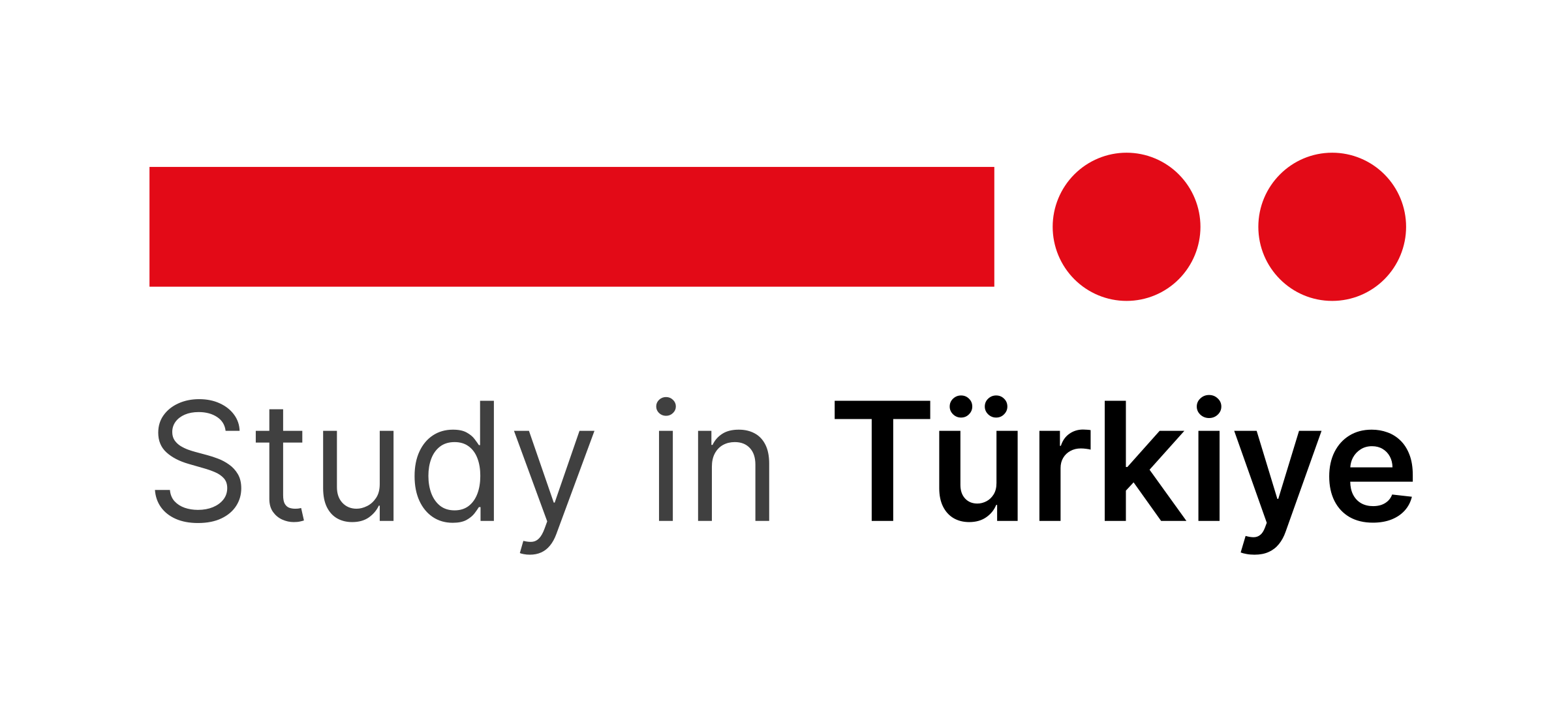Cost of Studying in Turkiye: Public vs. Private Universities
Quick Navigation
Tuition Fee Structure
Public Universities
Public universities in Turkiye are known for their affordability, offering significantly lower tuition fees compared to private institutions. For international students, public universities typically charge between:
- 1,000 to 5,000 USD per year
This makes public education in Turkiye considerably more accessible than in many Western countries, while still maintaining high academic standards. Educational institutions like Ostim University and Beykent University exemplify quality education without the burden of high costs.
Private Universities
Private universities in Turkiye operate on a different funding model, resulting in higher tuition fees:
- 8,000 to 25,000 USD per year for international students
- Premium programs like Medicine can reach up to 34,000 USD annually at institutions like Medipol University.
Private institutions such as Istanbul Aydın University, Halic University, and Bahçeşehir University reflect the mid to high range of private education costs in Turkiye.
Comparative Analysis
Understanding the financial implications is essential for international students. The following table highlights the key differences between public and private universities in Turkiye:
| Feature | Public Universities | Private Universities |
|---|---|---|
| Tuition Fees | Low/Symbolic | High |
| Admission Criteria | Competitive, Exam-Based | Flexible, Less Competitive |
| Language of Instruction | Mostly Turkish, Few in English | Many Programs in English |
| Class Size | Larger | Smaller |
| Student Services | Standard | Often Enhanced |
| Research Opportunities | Extensive | Moderate |
Program-Specific Costs
Medical Education
Medical education represents one of the most expensive study options in Turkiye, particularly at private universities offering English-language programs:
- Private medical programs in English: $16,560 to $34,000 per year
- Private medical programs in Turkish: Starting from $11,800 per year
Institutions like Koç University and Yeditepe University are at the premium end of medical education costs, showcasing the advanced training provided in the field.
Undergraduate Programs
The fee structure for undergraduate programs typically follows a general pattern:
- Public universities: 600 to 3,000 USD per year for international students
- Private universities: 8,000 to 25,000 USD per year
This disparity emphasizes the accessibility of public universities, enabling more students to pursue their educational aspirations without incurring significant financial burdens.
Making the Right Choice
Public Universities are Ideal if:
- Budget constraints are a primary concern.
- You prioritize research reputation and academic prestige.
- You’re prepared for competitive admission processes.
- You have strong Turkish language skills (for Turkish-taught programs).
Notable public institutions such as Aydin University and Beykent University are recognized for their contributions to research while offering affordable tuition.
Private Universities may be More Suitable if:
- You prefer English-medium instruction.
- Smaller class sizes and personalized attention are important.
- You value flexibility in program selection.
- Enhanced student services are a priority.
- Admission accessibility is a concern.
Private institutions like Halic University offer conducive environments for international students seeking these advantages.
Conclusion
Both public and private universities in Turkiye provide valuable educational opportunities at costs that remain competitive globally. While public universities offer exceptional value with their low tuition fees, private institutions justify their higher costs through additional benefits that cater to diverse student needs. Your choice should ultimately depend on your academic goals, financial situation, language preferences, and desired learning environment.
Take the Next Step with Study in Turkiye
Explore further opportunities for your educational journey in Turkiye with Study in Turkiye, your trusted authority for international students.

